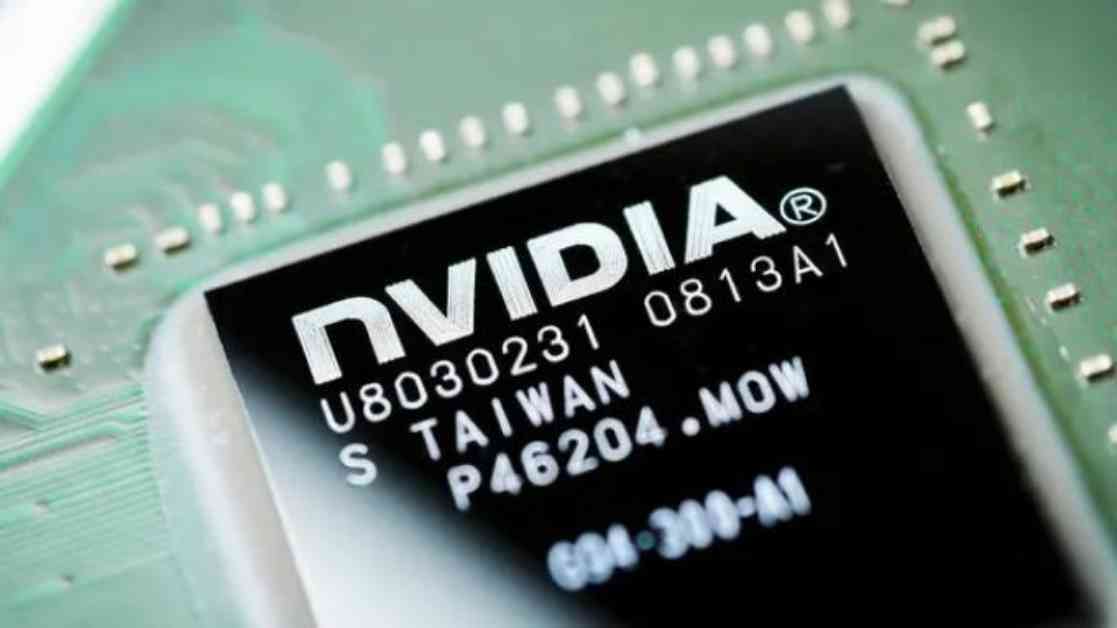**Exporting Chips: Indonesia’s Place in the Global Market**
Amidst a flurry of global economic changes, the government of the United States, led by President Joe Biden, has announced new regulations regarding the export of advanced computer chips and artificial intelligence (AI) technology manufactured in the US. These regulations have significant implications for the worldwide distribution of US-made AI chips, affecting several countries across the globe.
The primary aim of these new regulations is to ensure that the “global AI operates in accordance with America’s plan,” as stated by US officials. The restrictions come at a time when the demand for AI chips from companies like Nvidia is skyrocketing, positioning them among the most valuable companies in the world.
According to the US Department of Commerce, the regulations are necessary to prevent the misuse of potent AI technology that could pose significant national security risks in the wrong hands. The department emphasized that these rules are designed to keep AI away from “bad actors” who could potentially use it for threatening the United States, including developing mass destruction weapons, supporting powerful offensive cyber operations, and facilitating human rights violations through mass surveillance.
**The Impact on Global Trade and Security**
The new regulations governing the export of AI chips to the global market are set to take effect 120 days after their publication, making them effective around April 2025. Following the implementation of these policies, only close US allies will be exempt from restrictions on importing chips and chip-making equipment from the US. Other countries will have their chip supplies limited based on their grouping.
TrendForce’s report, cited by BBC International, reveals that the export control of AI chips is divided into three tiers based on qualifying countries. Tier 1 nations, such as South Korea, Japan, Germany, Taiwan, and Australia, are considered primary US allies and can continue business as usual, importing AI hardware developed in the US without constraints.
**Indonesia’s Position in the Global Chip Market**
When looking at the map of qualifying countries, Indonesia and Malaysia are currently placed in Tier 2 under the US export chip restrictions, along with other Southeast Asian nations except for Cambodia. Tier 2 countries, including those in Eastern Europe, the Middle East, and Latin America, have limited access to graphics processing unit (GPU) chips specifically for AI processing, with a cap of 50,000 GPUs for the period of 2025-2027.
On the flip side, Tier 3 nations, such as China, Russia, Iran, and North Korea, are completely prohibited from accessing US AI technology. This stratification of countries based on their AI chip import privileges underscores the complex interplay between global trade dynamics and national security concerns in the era of advanced technology.
As the global economy navigates these new regulations, countries like Indonesia must adapt to the changing landscape of the chip market to maintain their competitiveness and technological advancement. The impact of these restrictions on Indonesia’s tech industry and overall economic development remains a critical area of focus as the world moves towards an AI-driven future.














